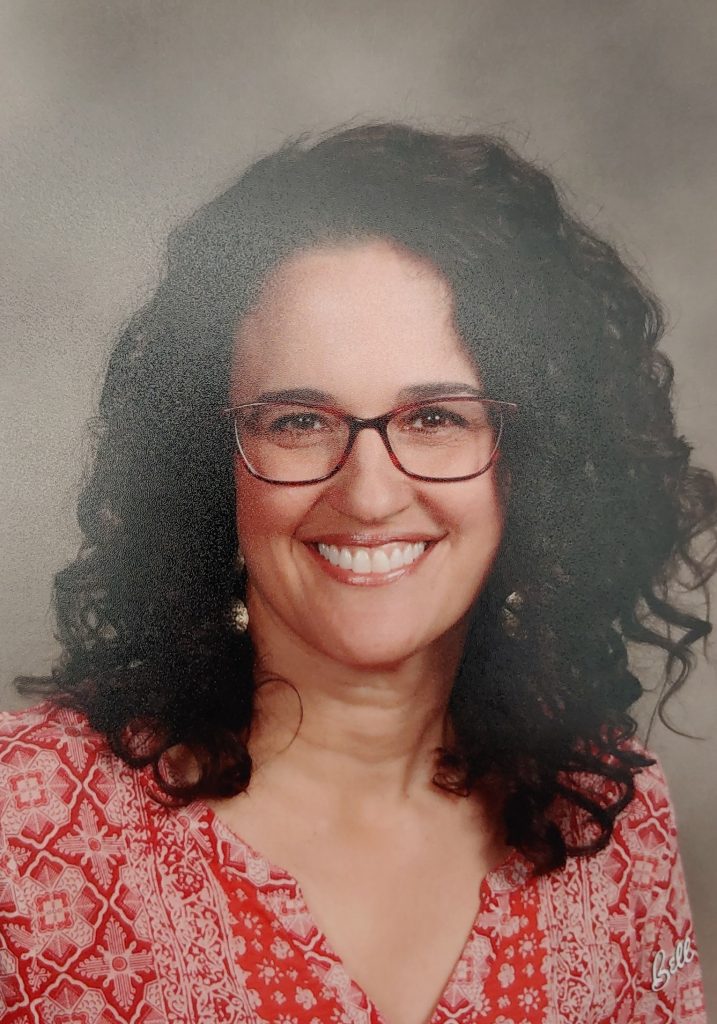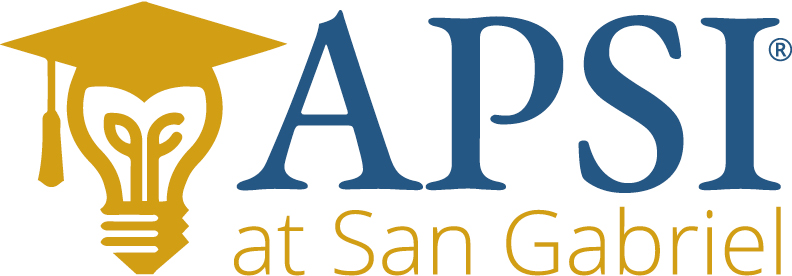Kristin Whitlock

Kristin H. Whitlock has been teaching AP Psychology since 1992 and currently teaches at Davis High School in Kaysville and Weber State University in Ogden, Utah. She has been a part of the AP Psychology annual reading since 2001. She currently serves as a Question Leader and has also served as a Rubric Master, Table Leader, and Reader. Kristin has also served as the College Board Advisor to the AP Psychology Test Development Committee. She recently co-authored Barron’s AP Q & A Psychology. She has also authored and edited many articles and teaching materials to support the AP Psychology curriculum. Along with being a College Board Consultant, Kristin has presented at numerous teaching conferences, including the Society for the Teaching of Psychology Annual Teaching Conference, the National Institute on the Teaching of Psychology (NITOP), Stanford’s Psychology One Conference, the AP Annual Conference, the National Council for the Social Studies (NCSS) Annual Conference, and is the program director for the annual U-TOPSS (Utah-Teachers of Psychology in Secondary Schools) Fall Conference. Currently Kristin serves as a Steering Committee member of the APA’s Introductory Psychology Initiative and served on the Steering Committee for the National Summit on High School Psychology Education. She also recently served as Chair of the Teachers of Psychology in Secondary Schools (TOPSS) Committee. When not doing something related to psychology, Kristin loves to spend time with her three fabulous children and wonderfully supportive husband.
Course Description
We will work together at the beginning of the workshop to set goals for our time together. As you look at the schedule I’ve prepared, you will notice that most of each day is pre-scheduled with a “Special Topic,”, but during part of each day we will talk about topics the group chooses (the “Psychology Content” section of the day). Thus, the syllabus below outlines a general outline for our time together, but we may modify it based on what the group decides is most important and the time we have available. One of my goals is to make sure that you leave this workshop with the resources you need most for next year. I’ll provide copies of the materials we use/discuss, either in electronic or hard copy, so you’ll have a handy “toolkit” of activities, demonstrations, and resources to draw from as you plan your curriculum.
What to bring:
- Please bring the text (or texts) that you use (or plan to use) with your AP class. I’m most familiar with the Myers text, but I’ve used other books as well. Some of our discussions will involve how we can best use our texts to help students and features to look for in a good AP book. We may also need our textbooks as we discuss and practice writing FRQ’s.
- You may wish to bring a laptop/tablet (I’d recommend bringing a power cord and possibly an extension cord if you have one available. It may be helpful in case finding an outlet in our classroom is a challenge).
Agenda
Day 1: Special Topic Day 1: Getting Started
- Introductions
- Goal setting: What topics/concerns do we want to make sure we discuss?
- What is AP Psychology?
- Goals & Benefits
- Course Description
- Dissection of the AP Psychology exam
- Overview of how multiple-choice & free-response items are constructed and scored
- How the exam is graded, how a final score is calculated, and what it all means
- Setting up your course
- Sharing our organization systems, discussing advantages and disadvantages of different examples
- Discussion of equity and access to AP Courses
- Choosing a textbook
Psychology Content Day 1: Introduction & research methodology
- Discussion of terms, concepts, activities, teaching methods, and student projects.
Day 2: Special Topic Day 2: Nuts & bolts of the AP Psychology Exam
- AP Exam Simulation: Practice Exam
- Section I: Multiple Choice
- Test construction
- Higher order vs. lower-order questions
- Writing or selecting multiple choice questions for your exams
- Strategies for taking the multiple choice & reviewing for the AP Exam
- How do you design exams in your class?
- Helping kids master the material: test recapture
- Section II: Free Response Questions
- Test construction
- Purpose of the free-response questions
- History of the free-response questions, and what we might expect in the future
- AP Reading Simulation
- Grading the free-response answers with a rubric
- Orientation to the rubric
- How should we prepare our students to answer free-response questions?
Psychology Content Day 2: (chosen by group)
- Discussion of terms, concepts, activities, teaching methods, and student projects.
Day 3: Special Topic Day 3: Practice writing free-response questions and rubrics
Psychology Content Day 3: (chosen by group)
- Discussion of terms, concepts, activities, teaching methods, and student projects.
Day 4: Special Topics Day 4: How to review for the AP exam, what to do when it’s over, and helpful resources
Psychology Content Day 4: (chosen by group)
- Discussion of terms, concepts, activities, teaching methods, and student projects.
















